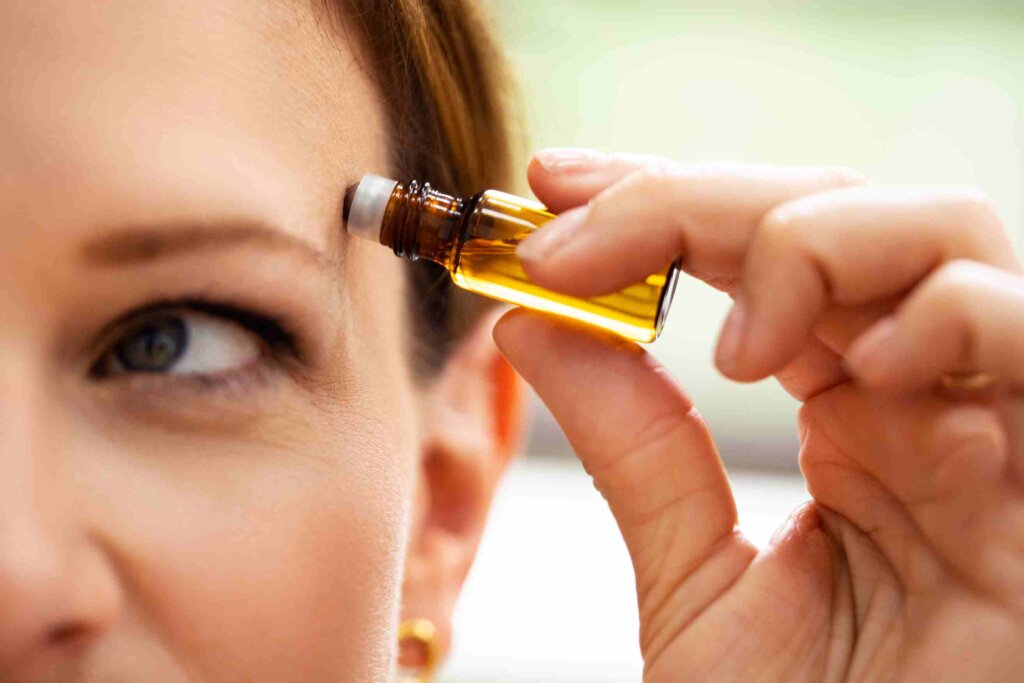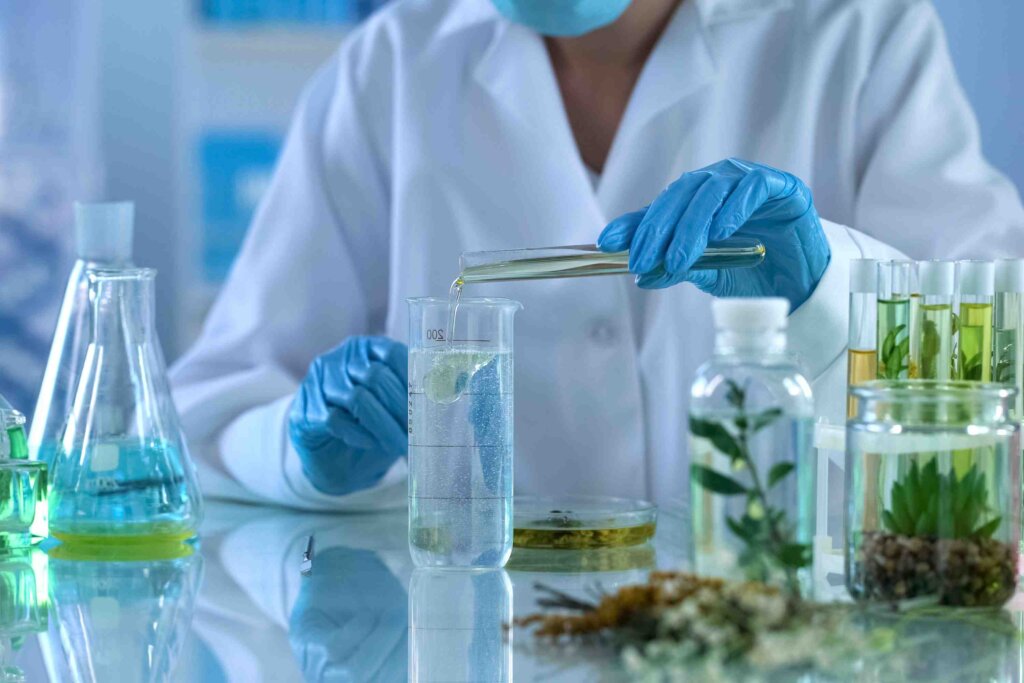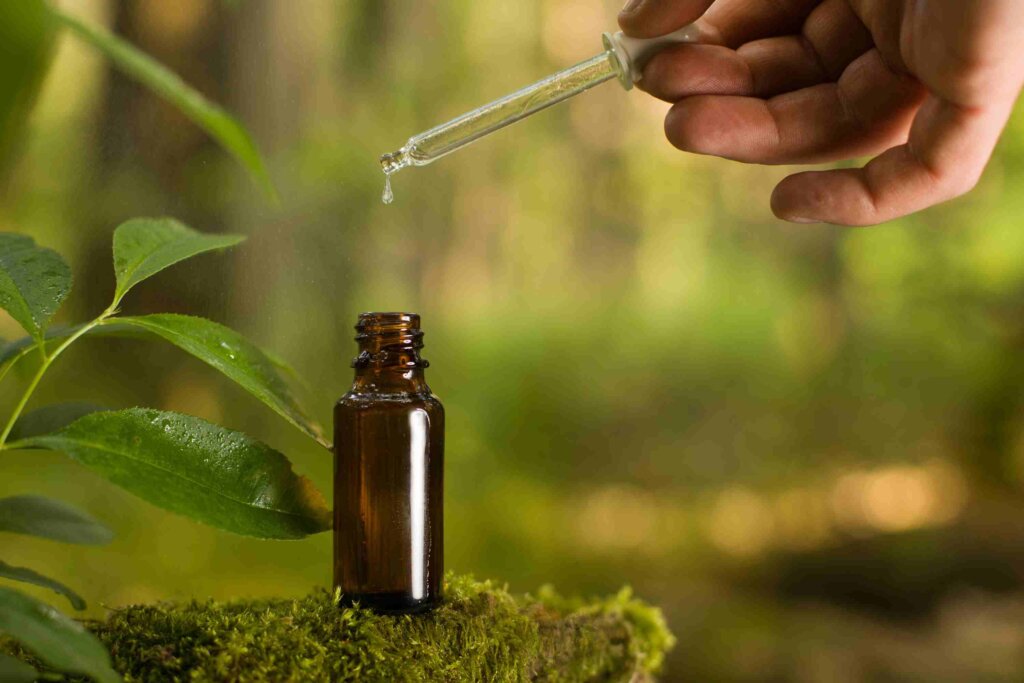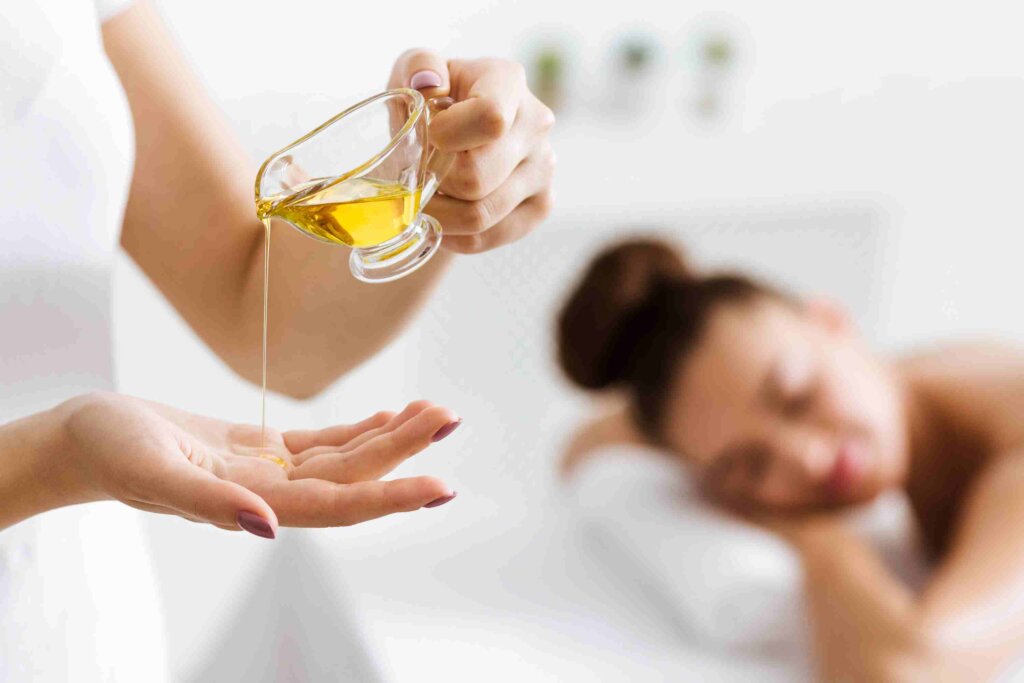Introduction
Aromatherapy, a practice that has been around for centuries, is making a significant impact on modern healthcare. Originating from ancient cultures, aromatherapy utilizes aromatic essential oils medicinally to improve the health of the body, mind, and spirit. This holistic therapy seeks to unify physiological, psychological, and spiritual processes to enhance an individual’s innate healing process.
Understanding Aromatherapy
At its core, aromatherapy involves the application of essential oils extracted from plants to improve physical and mental wellbeing. These oils can be derived from various parts of plants like flowers, leaves, and bark, each offering unique therapeutic properties.
The science behind aromatherapy lies within our sense of smell. When we inhale the aroma from these essential oils, it stimulates certain areas of our brain like the limbic system, which plays a role in emotions, behaviours, sense of smell, and long-term memory.
Aromatherapy can be administered in several ways, including inhalation, direct application onto the skin, or added to household or personal care products.

The Intersection of Aromatherapy and Healthcare
Modern healthcare is increasingly embracing holistic approaches like aromatherapy. It is used in various settings, such as hospitals for pain management, in psychotherapy offices for stress relief, and even in hospices for providing comfort to terminally ill patients.
Aromatherapy complements traditional medicine, providing a mind-body approach to wellness. By addressing emotional and mental aspects of health, it contributes to a more comprehensive view of patient care.
Health Benefits of Aromatherapy
Aromatherapy offers a multitude of health benefits as detailed below;
Stress Relief
Aromatherapy is widely recognized for its ability to reduce stress. Essential oils such as lavender, chamomile, and bergamot are known for their calming effects. They work by stimulating the olfactory receptors in the brain, which then send signals to the limbic system – a part of the brain that controls emotions. This leads to a decrease in heart rate, blood pressure, and cortisol levels, which are all associated with stress. Moreover, some studies suggest that aromatherapy can help alleviate symptoms of conditions like generalized anxiety disorder.
Sleep Improvement
Difficulty sleeping or insomnia is a common problem that many people face. Aromatherapy can be an effective natural remedy for these issues. Oils like lavender, ylang-ylang, and marjoram have been found to promote relaxation and help induce sleep. They work by activating the parasympathetic nervous system, which helps your body to rest and digest. A study published in the Journal of Alternative and Complementary Medicine found that inhaling lavender oil before bedtime improved sleep quality in people with insomnia.
Pain Management
Some essential oils have analgesic properties, meaning they can help relieve pain. Peppermint oil, for example, can help soothe headaches and muscle pain, while rosemary oil may help reduce joint pain and stiffness. These oils work by reducing inflammation and swelling, and by blocking pain signals to the brain. A study in the European Journal of Integrative Medicine showed that aromatherapy massage using lavender, clary sage, and marjoram reduced menstrual pain in women.
Boosting Immunity
Certain essential oils have antimicrobial, antiviral, and antifungal properties, which can help strengthen the immune system. Eucalyptus oil, for example, is known for its ability to fight respiratory infections, while tea tree oil can help combat fungal infections. These oils work by destroying harmful pathogens and boosting the body’s natural defenses. A review in the Journal of Ancient Diseases & Preventive Remedies found that aromatherapy can help prevent and treat infectious diseases.

Improving Digestion
Aromatherapy can help improve digestion by stimulating digestive enzymes that aid in the breakdown of food. Oils like ginger, peppermint, and fennel are known for their ability to alleviate symptoms such as bloating, gas, and indigestion. They do this by relaxing the muscles in the gastrointestinal tract, which can help food move through the system more efficiently. A study in the World Journal of Gastroenterology found that peppermint oil can significantly alleviate symptoms of irritable bowel syndrome.
Enhancing Cognitive Function
Certain essential oils can stimulate cognitive performance and memory function. For instance, rosemary oil is known to improve concentration and focus, while lemon oil can boost mood and alertness. These oils work by increasing blood flow to the brain and by stimulating neurotransmitters like dopamine and serotonin. A study published in the International Journal of Neuroscience found that rosemary oil improved speed and accuracy in cognitive tasks.
Skin Health
Many essential oils have anti-inflammatory, antiseptic, and antioxidant properties, making them beneficial for skin health. Lavender oil can accelerate wound healing, tea tree oil can combat acne, and frankincense oil can reduce signs of aging. They work by promoting cell regeneration, fighting infection, and reducing inflammation. A review in the Journal of Dermatological Science found that tea tree oil was effective in treating acne due to its antimicrobial properties.
Respiratory Health
Essential oils like eucalyptus, peppermint, and pine are often used in aromatherapy for their ability to clear the respiratory tract. They can help alleviate symptoms of conditions such as asthma, bronchitis, and the common cold. They do this by reducing inflammation in the airways, breaking up mucus, and relieving congestion. A study in the Journal of Alternative and Complementary Medicine found that eucalyptus oil was effective in treating upper respiratory tract infections.
Emotional Health
Aromatherapy can have a profound impact on emotional health. Oils like jasmine, sandalwood, and bergamot are known for their uplifting and mood-enhancing properties. They can help alleviate feelings of depression, anxiety, and stress by stimulating the production of feel-good hormones like serotonin and dopamine. A review in the Journal of Clinical Psychiatry found that aromatherapy could be an effective complementary therapy for depression and anxiety disorders.
Energy Boosting
Some essential oils are known for their energizing and invigorating effects. Citrus oils like lemon, grapefruit, and orange can stimulate the body and mind, helping to reduce fatigue and boost energy levels. These oils work by increasing circulation, boosting metabolism, and stimulating the nervous system. A study published in the Journal of the International Society of Sports Nutrition found that peppermint oil improved exercise performance by increasing brain oxygen concentration and decreasing perceived physical workload.

Aromatherapy in Specific Health Conditions
Aromatherapy has been shown to alleviate symptoms of specific health conditions. For example, lavender oil is often used to combat insomnia and stress, while peppermint oil can help with nausea and headaches.
In a study published in the Journal of Clinical Oncology, breast cancer patients undergoing chemotherapy reported significant relief from anxiety and improved sleep quality after using aromatherapy.
Risks and Precautions in Aromatherapy
While aromatherapy is generally safe, it’s essential to be aware of potential risks and precautions. Some people may have allergic reactions to certain oils, and some oils can cause skin irritation if not properly diluted. Pregnant and breastfeeding women, as well as individuals with specific health conditions, should consult their healthcare provider before using essential oils.
The Future of Aromatherapy in Healthcare
Current trends indicate a promising future for aromatherapy in healthcare. Research is ongoing, with scientists exploring new therapeutic applications for essential oils. Experts predict an increase in the integration of aromatherapy into mainstream healthcare, especially in areas of mental health and chronic disease management.
Joyessence Aromatherapy Centre: The Pioneer in Aromatherapy Education
Joyessence Aromatherapy Centre Inc., located in Ontario, Canada, has been dedicated to providing comprehensive aromatherapy education for over 20 years. Their courses are designed not only for those who wish to practice professionally but also for anyone interested in learning about the therapeutic uses of essential oils for personal use.
The Centre provides an online distance learning program that allows students worldwide to achieve certification at their own pace. The course content includes detailed study of essential oils, carrier oils, methods of absorption, methods of application, safety considerations, anatomy, physiology, massage techniques, and business practices necessary for a professional aromatherapist.

Enhancing Healthcare with Professionally Trained Aromatherapists
Through their rigorous training programs, Joyessence Aromatherapy Centre is empowering individuals to bring the benefits of aromatherapy into various healthcare settings. Their graduates are equipped with the knowledge and skills to use essential oils safely and effectively, tailoring treatments to individual patient needs.
For instance, professionally trained aromatherapists can assist in palliative care settings, providing relief from symptoms such as anxiety, depression, pain, and insomnia. In psychiatric units, aromatherapy can be used as a non-pharmacological intervention to alleviate stress and promote relaxation.
Final Take
By providing professional aromatherapy training, Joyessence Aromatherapy Centre is playing a crucial role in enhancing the role of aromatherapy in modern healthcare. As more individuals become proficient in this therapeutic practice, the potential for integrated, holistic healthcare approaches becomes increasingly attainable.
The Joyessence journey exemplifies the transformative power of education in promoting complimentary therapies. With their continued efforts, we look forward to seeing more healthcare professionals incorporating aromatherapy into their practices, contributing to the overall well-being of patients around the world.
References
https://www.medicalnewstoday.com/articles/10884
https://www.ncbi.nlm.nih.gov/pmc/articles/PMC7520654/
https://journals.sagepub.com/doi/10.1177/146642409711700511
https://my.clevelandclinic.org/health/treatments/aromatherapy

